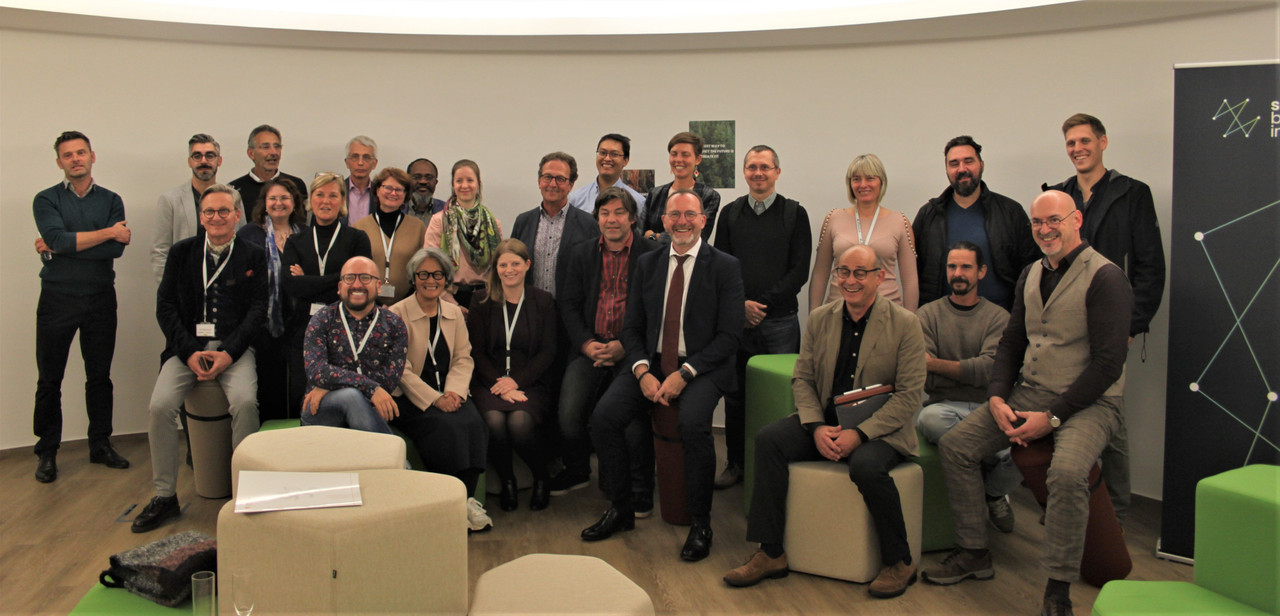The new Social Business Incubator (SBI) located at Kalchesbruck forms part of a larger strategy to develop the social and solidarity economy. In particular, the incubator serves as a co-working space for impact-driven business and budding social entrepreneurs, a centre for networking and developing ideas, but also for receiving adapted assistance and training.
In addition, the minister also presented a new for the social and solidarity economy with additional resources.
“The idea of having a place where the social and solidarity economy can meet was born in 2018, and the project has evolved. Today we are proud to inaugurate this incubator, a place where all the companies with an impact can meet and find the necessary information to create a SIS, [and find] the help, support and guidance they need,” told Delano.
The Social Business Incubator draws on the expertise garnered since the creation of the Maison de l'économie sociale et de l'innovation sociale (MESIS) in 2018, which has now evolved to become the Social Business Incubator. Since then, the concept has been improved on with tailor-made support introduced by the ministry in 2020 and further development of the concept.
A fast-growing sector
In contrast to other economic models, the solidarity economy also referred to as the social and solidarity economy (SSE) priorities economic activities that propel both social profitability and financial gains. For social entrepreneurs, profitability is defined in terms of profits and impact.
Social impact companies or SIS (société d'impact sociétal) refers to commercial companies with a social or societal purpose embedded in their business model. Luxembourg enacted the SIS legal framework in 2016 to accommodate the specific needs of entrepreneurs whose main activities inherently demonstrate a strong social impact by means of contributing to the development of the social solidarity economy and supporting vulnerable persons.
“SIS is another form of economy. The social and solidarity economy puts people first, with the goal to be sustainable and benefit the future wellbeing of everyone. To have an economy that is not only for profit but that puts people and the planet first,” adds Engel.
The introduction of an incubator “means that you have a place where you can meet other people that are likeminded. And when you're in social economy, it's super important to be around people that think like you,” says the founder of Indoor Forest SIS Virginie Ducommun.
“Everyone can come to seek support and information here at the incubator…. Currently there are 40 SIS companies in Luxembourg, and we think there’s still a lot of potential. Here, we have created a big co-working space and there are [already] 10 new SIS companies that can work from here as they build their enterprise. That’s already good,” says Engel.
The incubator is open from 8am until 5:30pm on all weekdays, except Thursdays, when it is open until 7:30pm.
Over the next days, Delano will share more on social impact companies as part of a series.
